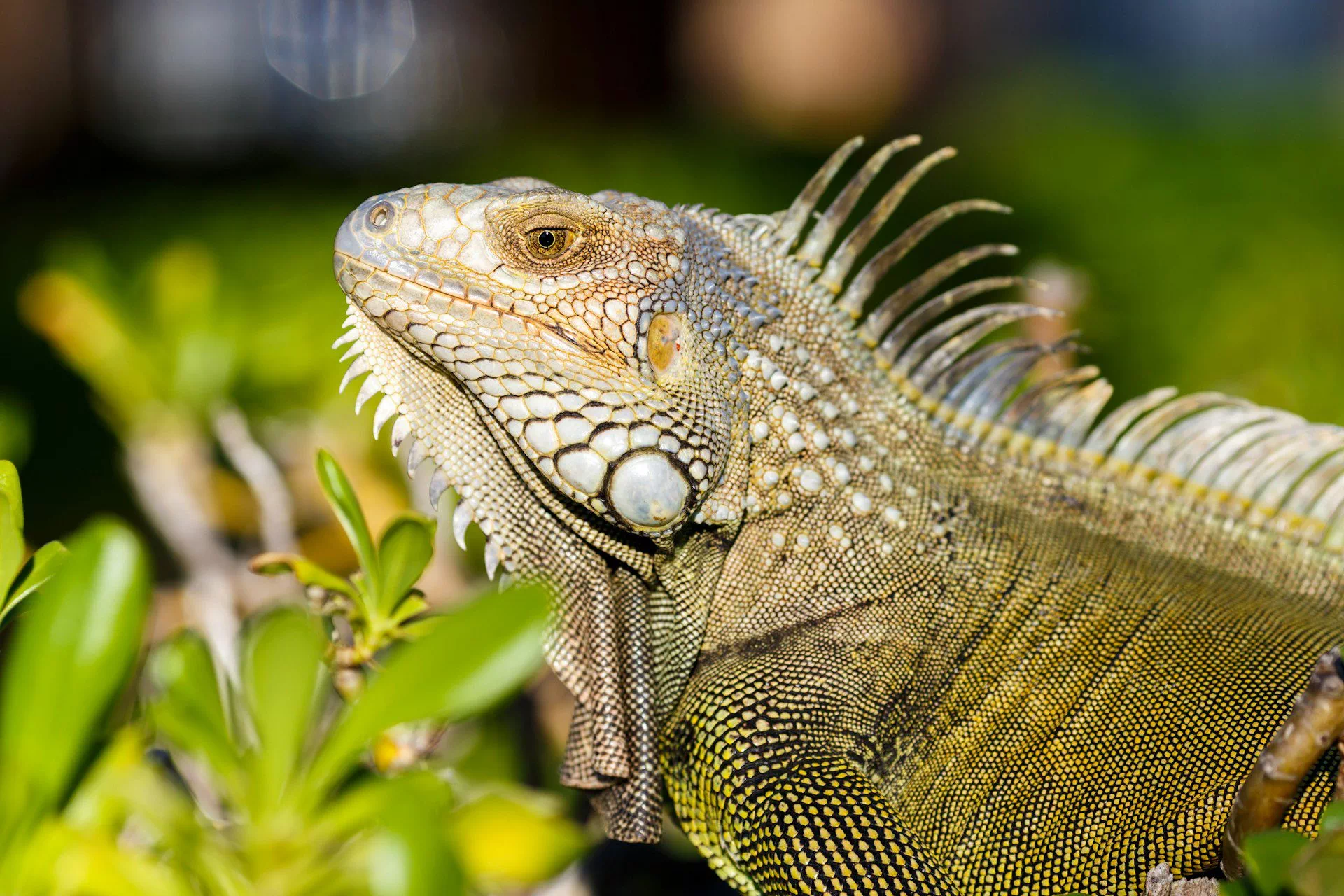Do you have an upcoming appointment at our veterinary clinic? While it’s realistic to assume that your pet would prefer to stay at home and take another nap, regular visits are critical to your pet’s health and well-being. This is also an excellent moment to receive personalized care recommendations to help you keep your beloved pet happy and healthy for as long as possible. We, as your veterinarians, are always delighted to answer your queries!
Here are a few things you might want to know:
Is My Pet At A Good Weight?
It is sometimes simple to determine whether a pet is overweight or underweight. If Fido or Fluffy are spherical, they’re probably overweight. On the other end of the scale, a pet with visible ribs may require weight gain. There’s also a lot of grey area here, where you’re not sure if your pet is overweight, underweight, or just fine.
A word of caution: rapid, unexplained weight loss or gain may be an indication of illness or disease. If your four-legged friend is suddenly growing or shrinking and you’re not sure why, it’s absolutely worth mentioning to your vets.
What Health Concerns Might My Pets Face?
Pets might also be genetically predisposed to certain illnesses. White-coated puppies, for example, are more likely to suffer from vision and hearing impairments. Your vet may be able to help determine whether your pet is in danger of developing any conditions, whether through familiarity with the breed or via specific tests.
Keep in mind that it is also important to know your pet’s history. For example, pets that have been given steroids may be more likely to acquire diabetes.
What Vaccinations Should My Pet Have?
Pets are prone to a number of illnesses and disorders. There is no way to prevent your pet from every possible threat, but vaccines are available for many of the most frequent.
Generally, we recommend that all dogs and cats receive the essential immunizations. The canine core vaccines include the canine distemper virus (CDV); Canine adenovirus (CAV); Canine parvovirus type 2 (CPV-2); and rabies. The core vaccinations for cats include feline parvovirus (FPV); feline calicivirus (FCV), feline herpesvirus 1 (FHV-1), and rabies.
Your doctor may also recommend non-essential immunizations. Kennels, airlines, groomers, and daycares commonly require the Bordetella vaccine, hence it is frequently suggested. Other non-core vaccines that your pet may benefit from include the Lepto vaccine, rattlesnake vaccine, and others.
Are My Pet’s Teeth In Decent Shape?
Pets’ dental health is just as vital as people’s. Fluffy and Fido are unable to clean their own choppers and cannot arrange dental cleanings or other maintenance. However, conditions such as abscesses, gum disease, cracked or broken teeth, infections, and misalignments can cause intense pain and lead to dangerous illnesses.
In addition to having your veterinarian inspect your pet’s teeth, you might want to seek some home care advice.
Do You Recommend Any Other Preventatives?
Fleas, ticks, and heartworms are microscopic parasites that can cause major difficulties. Some infestations can be deadly. In some situations, your pet may need to be examined before starting a specific regimen. One such case is heartworm. Because infestation prevention products do not destroy live worms, if Fido is already affected, he will require treatment rather than only preventatives.
We cannot stress the significance of a solid preventive care plan. It is less expensive, easier, and more successful to prevent your pet from hazardous parasites and diseases than to treat them. It’s also a lot easier for your pet.
Should I enroll my pet in wellness care plans or insurance?
Wellness plans and insurance complement one another, but they are not interchangeable. Insurance is designed to help cover the costs of unforeseen diseases and injuries. Wellness programs are designed to offset the cost of regular preventative care. Your veterinarian can provide valuable information on this subject.
How Much Grooming Does My Pet Need?
Pet bathing and grooming requirements vary greatly. A dog with short, sleek fur may only need to be bathed once or twice a month, whereas one with thick hair may require more frequent bathing. You don’t want to overbathe or underbathe because both can cause irritation, itching, and skin issues.
Your veterinarian can also provide you with advice on grooming products and techniques, as well as tell you whether your pet needs any medical grooming operations, such as anal gland expression.
What Diet Do You Recommend?
While we are pleased to make recommendations for brands and ingredients, your pet will eventually require a personalized meal. You don’t have to spend a lot of money on pet food, but you should make sure your pet is getting a nutritious, nutritional diet that fulfills their individual needs and is appropriate for their age, health, and lifestyle.
We have a couple suggestions on this:
- Form the habit of reading labels. Choose items with ingredients you can truly identify. The first ingredient on the label for dogs and cats should be meat, fish, or poultry. Avoid items with extensive lists of unidentified ingredients.
- Always make changes gradually over a period of several days.
- Be mindful about portion sizes!
Check in with your veterinarian on a frequent basis, since your pet’s needs may vary over time.
How Much Exercise Should My Pet Get?
This one is more applicable to our canine pals. Doggy fitness requirements differ greatly from pup to pup. Size is only one factor. Running around on such little legs may provide all of the exercise a Chihuahua requires. A Golden Retriever may require an hour or more of strenuous exercise each day.
Size is not the only factor to consider here. Your pet’s breed and physiology are important considerations. Brachys, such as pugs, should never be trained to run, jump, or swim because their narrow airways lead them to rapidly lose breath. Larger dogs may also find it dangerous to jump and stand.
That isn’t to imply that cats and other animals don’t require exercise. They do, however, tend to prefer to play.
Schedule an Appointment at Our Pet Hospital
Is it time for your favorite pet to have an examination, vaccines, or parasite control? Are you looking for a fantastic veterinary clinic? Do not hesitate to contact us. We are your local pet hospital and are here to help.



